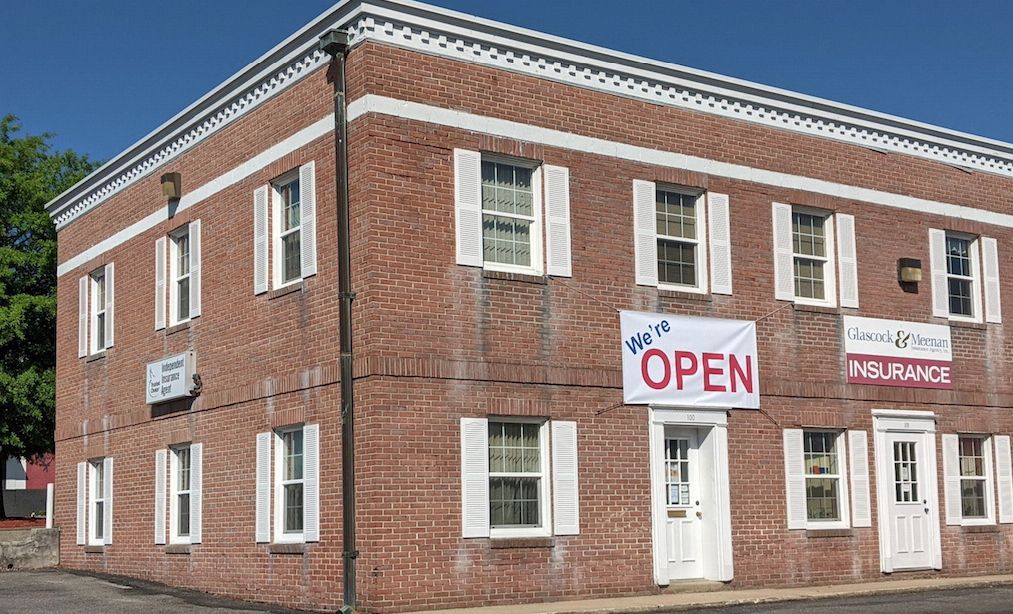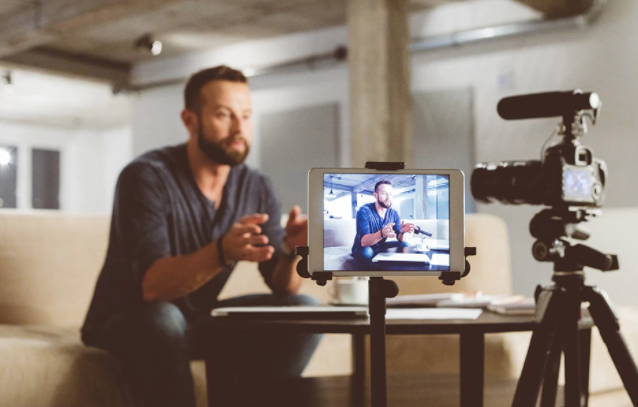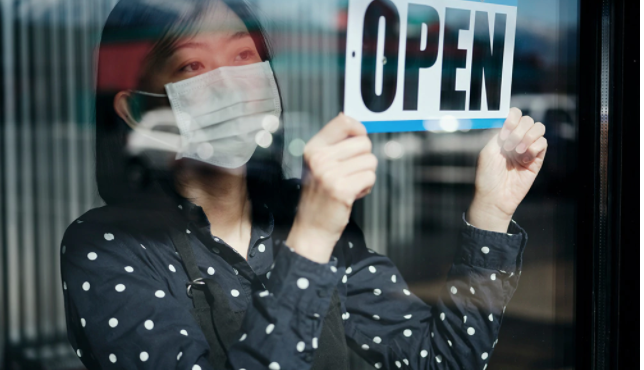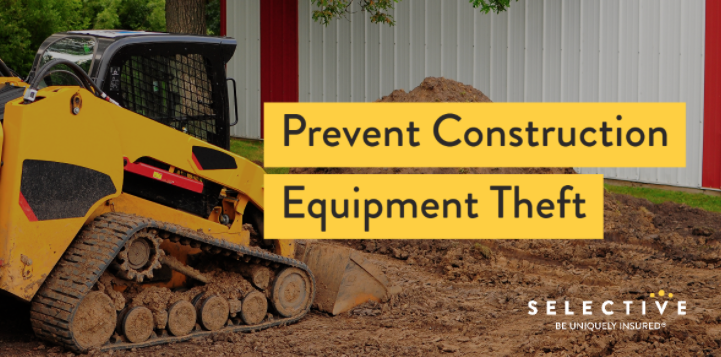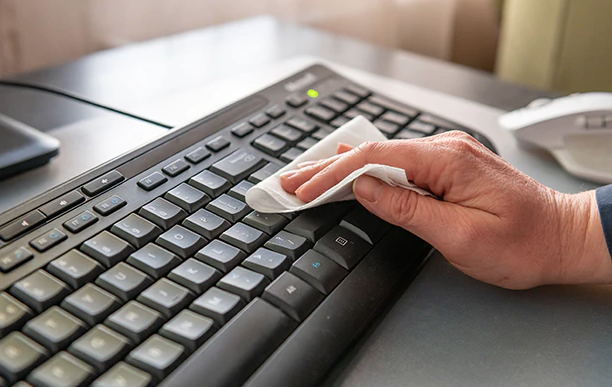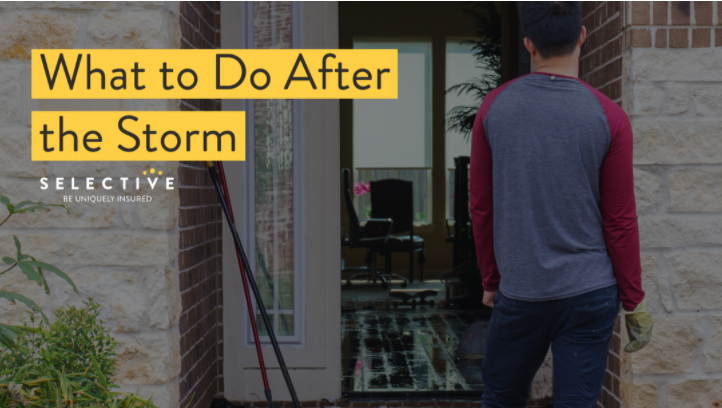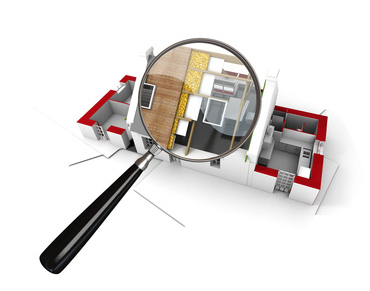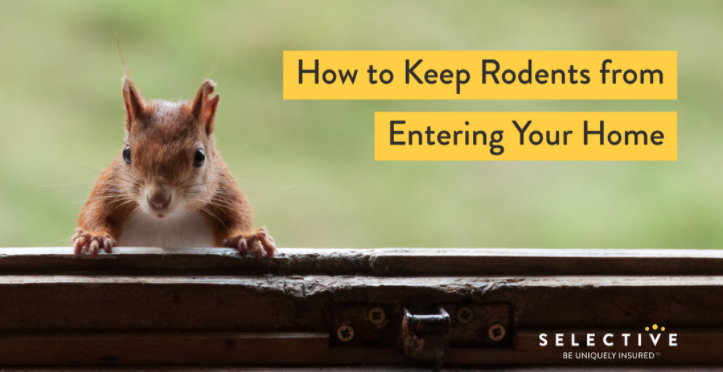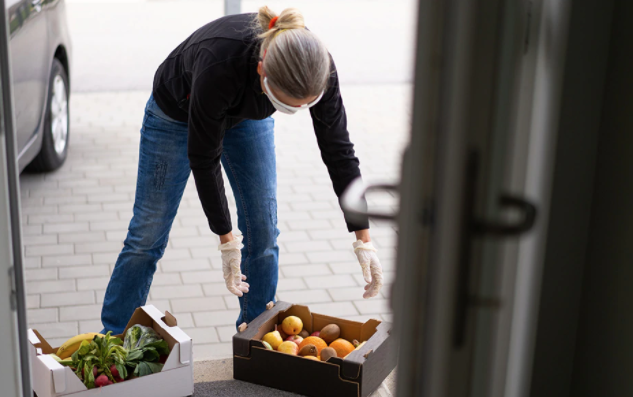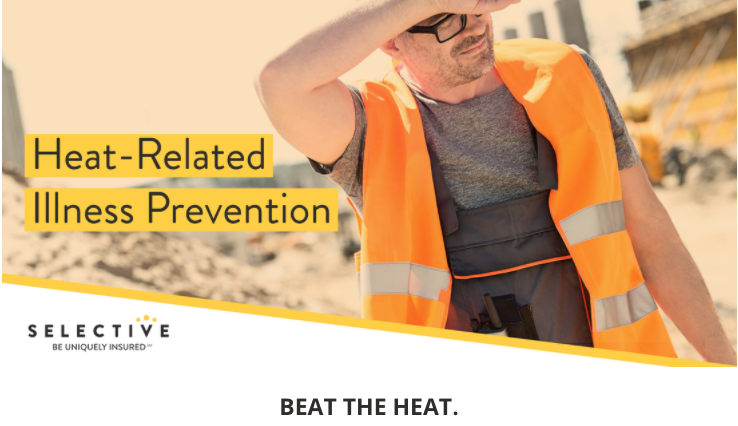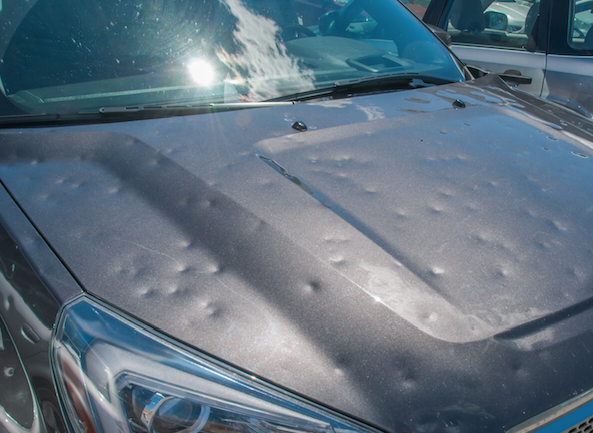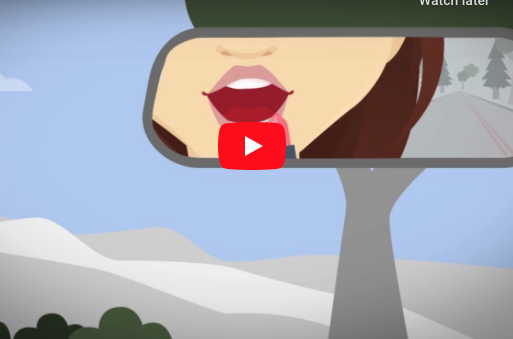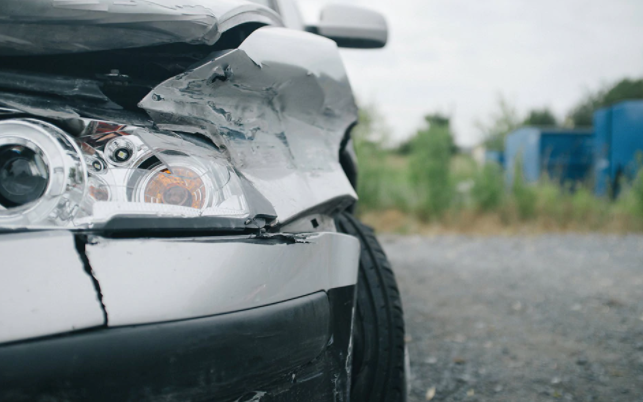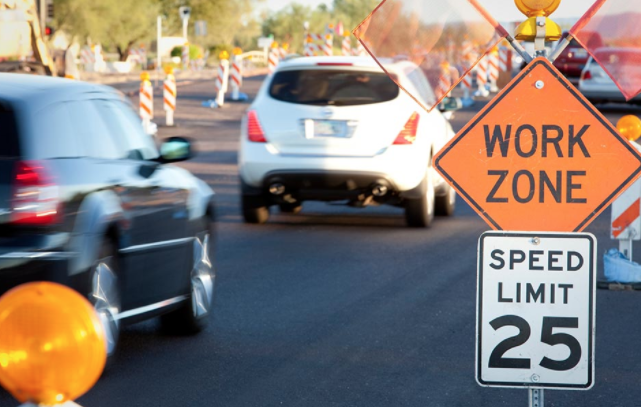What Does Loan or Lease Gap Insurance Cover?
What Does Loan or Lease Gap Insurance Cover?
The value of a vehicle depreciates the minute you drive it off the lot. If you are financing or leasing your vehicle and it gets totaled in an accident, you may owe more than the vehicle is worth (which is the maximum amount you can recoup from basic auto coverage).
Loan/lease gap coverage pays the difference between the actual cash value of your vehicle and the unpaid balance on your loan or lease if your vehicle is totaled due to a loss covered by your comprehensive or collision insurance. For instance, if your car is worth $10,000 at the time it gets totaled in a covered incident, but you still owe $15,000 on your loan or lease, loan/lease gap coverage will pay off the remaining $5,000 so you don’t have to settle the balance out of pocket.
Loan/lease gap coverage does not cover carry-over balances, lease penalties, overdue payments or extended warranties. Also, you must be the original owner of the financed or leased vehicle, and the car must be purchased from a new car dealer — not a previous owner — to be eligible for this coverage.
